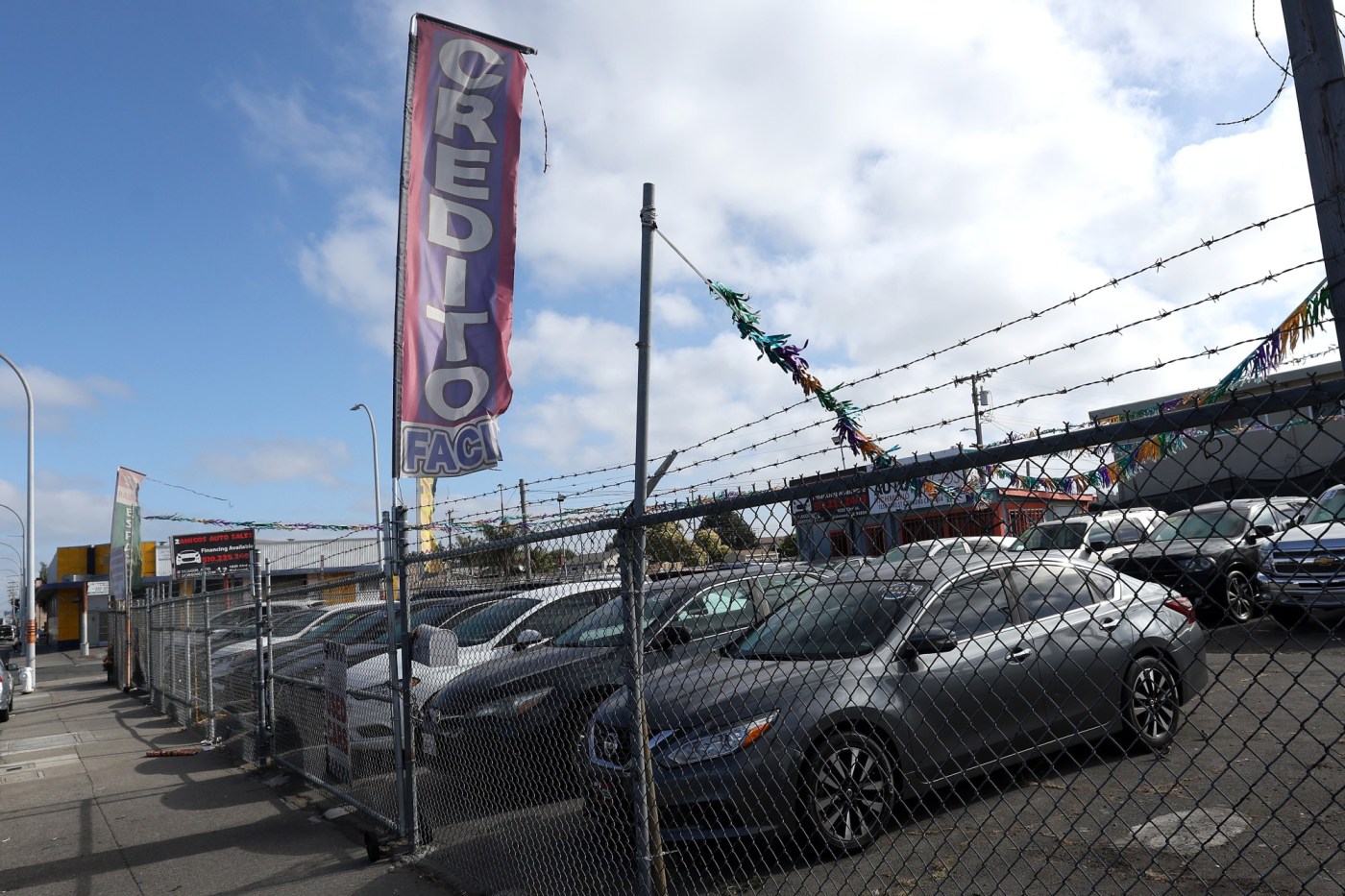
What happens if I default on my car loan?
By Funto Omojola | NerdWallet
More Americans are defaulting on their car loans due to larger loan amounts, high interest rates, increased living costs and more.
The number of borrowers who fell more than 90 days behind on their auto loans rose to 2.66% in the fourth quarter of 2023 — a nearly 20% increase from the same time last year, according to data from the Federal Reserve Bank of New York.
Why are more people defaulting on car loans?
Borrowers are struggling in part due to sky-high interest rates and increased expenses that have made it difficult for many to be current on their loans, according to Vince Shorb, CEO of the National Financial Educators Council.
“A lot of people are at that point now where they’ve been barely making ends meet,” he says. “They’ve just been getting trounced with inflation, trounced with higher interest rates across the board.”
Many auto lenders offer debt relief programs that can lessen the impact for struggling borrowers — but the key is to reach out before you’re underwater on your loan.
What happens if you default on a car loan?
When you default on a loan, it means you’ve failed to make your monthly payments to the lender per your loan terms. Usually, an account becomes delinquent after one missed payment, then the account is in default after 30 to 90 days of no payments, depending on the lender. Note that auto lenders typically offer a 10- to 15-day grace period from the payment due date during which you won’t be charged late fees or face other consequences for missing a payment.
Here’s what you can expect if you default on your car loan.
You’ll incur late fees
When you miss an auto loan payment or make a late payment, you’re typically required to pay a late fee. Late fees vary by lender, loan terms and state, but most lenders charge 3% to 5% of the payment amount missed or a flat fee of $25 to $50. Depending on the state where you live, there may be laws that limit the amount a lender is allowed to charge or the length of grace period they must provide before you’re charged a fee.
Your loan terms will include how much you’ll be charged for a late or missed payment.
Your credit score will take a hit
Most lenders report late or missed payments to the three major credit bureaus after 30 days from the due date, so your delinquency will be recorded on your credit report. Payment history is the most significant factor in determining your credit score — it accounts for 35% of your FICO score. A missed payment on your credit reports will negatively impact your credit score. Additionally, a delinquency can stay on your credit report for seven years.
A lower credit score can impact your ability to get a loan or receive lower interest rates in the future.
Your car could get repossessed
When you get a car loan, the vehicle acts as collateral for the loan. This means that if you default on the loan, your vehicle can potentially get repossessed.
Once you’re in default, a lender can repossess your vehicle without warning. A lender can repossess your vehicle after only one missed payment, but most do so after 90 days of no payments. Repossession rules and timelines vary by lender and state laws.
After your car has been repossessed, the lender can sell it. If the lender sells your car for less than what you owe on it, you may be on the hook for the difference, as well as repossession and early termination fees.
In addition to missed loan payments, repossession can damage your credit scores and will remain on your report for seven years.
Your loan could be sent to collections
If you still owe money after your car is repossessed, the lender may turn your loan over to a collections agency that will try to get back what you owe. You may receive emails, phone calls and letters until you pay the outstanding balance. In rare cases, your lender could also sue you for the amount you owe.
Like repossession, collections will remain on your credit report for seven years and can affect your ability to get a loan down the line.
What to do if you’re struggling
If you can’t afford to make your car loan payment due to hardship, consider turning to an auto loan hardship program. Most lenders offer assistance in the form of deferment, payment plans and more.
According to Shorb, lenders want to collect what they’re owed and are therefore willing to work with borrowers if they communicate early.
“What we have seen is that when people are proactive in having that discussion with their lender, there’s a better chance of making it,” Shorb says of borrowers struggling through tough times.
More From NerdWallet
As Car Incentives Return, Here’s How to Find Them and Save Money
What to Do if You Are Struggling to Pay Your Car Loan
Cut EV Costs With Electric Company Incentives
The article What Happens If I Default on My Car Loan? originally appeared on NerdWallet.


